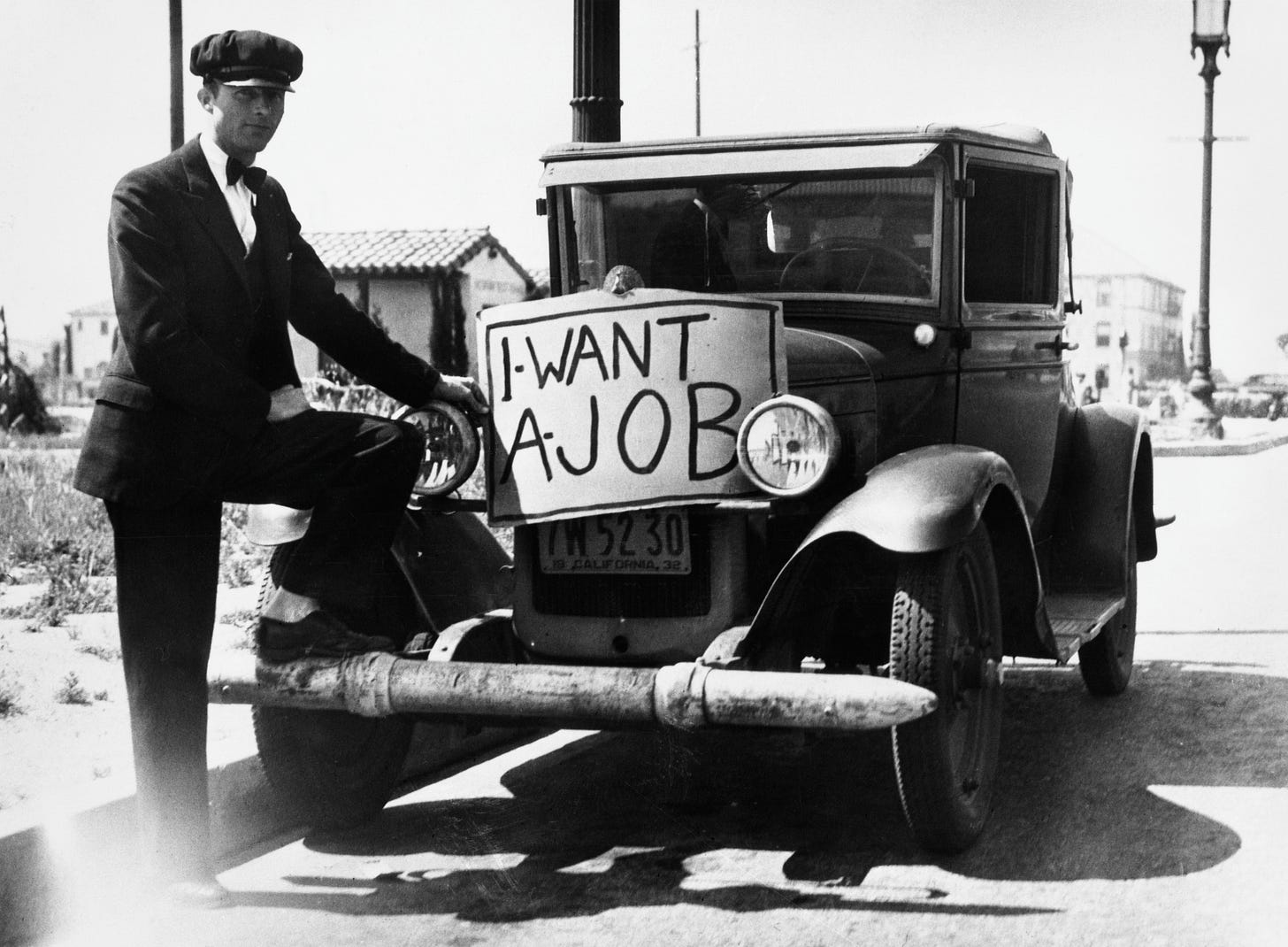AI broke job hunting. I think I have a fix.
It's cheaper than ever to waste your time

Some of the world's best biomedical researchers spend half their time writing grant applications rather than curing cancer. And all of that effort is basically wasted. Above a certain baseline of competence, reviewers don't really agree at all about which grant applications are strongest.
This predicament drove some microbiologists to a radical proposal: after an initial screen, grants should be awarded by lottery.
"For the grants awarded scores in the 20th percentile or better [we] found that the predictive ability of peer review was scarcely superior to what would be achieved by random chance," wrote Ferric C. Fang and Arturo Casadevall, the authors of the proposal. The system was predictable to no one, accomplished nothing, and (as demand rose and grant funds dwindled) consumed an ever-growing share of everyone’s productivity.
“The available evidence suggests that the system is already in essence a lottery without the benefits of being random,” the authors conclude.
As I've reported on the effect of AI on workers and employers, I keep coming back to that comically grim end state: The system is already a lottery without the benefits of being random.
AI has made it easier than ever to apply for jobs. This is not a good thing. In fact, as far as I can tell it might be the worst thing that has happened to job seekers since the Great Recession.
Our data on nationwide job applications isn't fantastic (much of it comes from individual applicant-tracking systems that other companies use to manage hiring). But here's what we can tell: The recruiting company Greenhouse estimates that applications per open role tripled from 2021 to 2024; rival Ashby reports a 182% increase. The trend is, if anything, intensifying in 2025; in June, The New York Times reported that LinkedIn had seen applications surge 45% in the last year. Companies are struggling to sort through the massively increased volume of applicants.
Ordinary job seekers are not in a state anywhere near as dire as that of the biomedical grant applicants, but I worry that’s the direction we’re rapidly marching toward.
How did we get here? Let's go back to a more innocent time.



